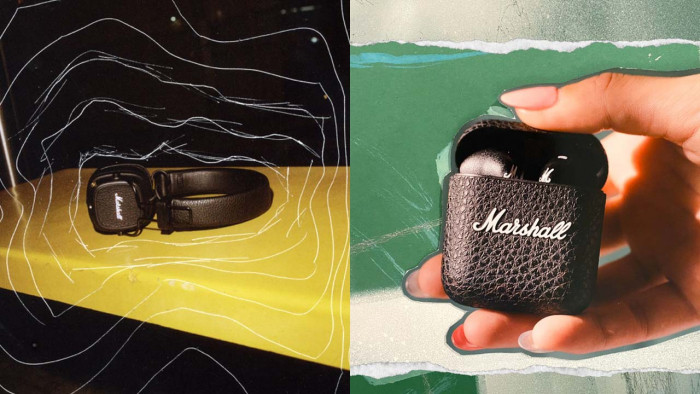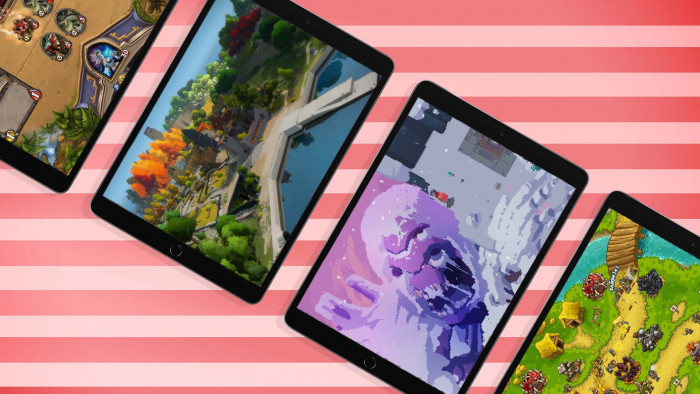According to a report by Oxfam released ahead of the week-long World Economic Forum (WEF) in Davos, Switzerland, just eight of the world’s billionaires control more wealth than 3.6bn people in the poorest parts of the world.
The billionaires are:
- Bill Gates – net worth $75bn
- Amancio Ortega – net worth $67bn
- Warren Buffett – net worth $60.8bn
- Carlos Slim Helu – net worth $50bn
- Jeff Bezos – net worth $45.2bn
- Mark Zuckerberg -net worth $44.6bn
- Larry Ellison – net worth $43.6bn
- Michael Bloomberg – net worth $40bn
Collectively the group has around $424 billion (£351bn) and Oxfam used their net worth to highlight that the 1% are only getting richer and the poor poorer in a disproportionate distribution of wealth.
“It is obscene for so much wealth to be held in the hands of so few when 1 in 10 people survive on less than $2 (£1.67) a day,” said Winnie Byanyima, executive director of Oxfam International.
Mark Goldring, chief executive of Oxfam GB, added: “While one in nine people on the planet will go to bed hungry tonight, a small handful of billionaires have so much wealth they would need several lifetimes to spend it. The fact that a super-rich elite are able to prosper at the expense of the rest of us at home and overseas shows how warped our economy has become.”
The report added that inequality was harming society and was the main culprit for the significant political changes we’ve seen in the last year:
“From Brexit to the success of Donald Trump’s presidential campaign, a worrying rise in racism and the widespread disillusionment with mainstream politics, there are increasing signs that more and more people in rich countries are no longer willing to tolerate the status quo.”

The WEF identified inequality as a threat to social stability four years ago, and Oxfam’s report suggested the gap between rich and poor has continued to widen for a number of reasons.
One of which was the finding that poor people in China and India owned even fewer assets than previously thought, making the wealth gap bigger than it was thought a year ago, when it was announced that 62 billionaires owned the same wealth as the poorest half of the global population.
Oxfam claims the painful gap is down to aggressive wage restraints, tax dodging and the squeezing of producers by companies, adding that businesses were too focused on delivering ever-higher returns to wealthy owners and top executives.
Their suggested solution was for the wealthiest people to pay higher taxes and give employees a living wage.
But not everyone is taking the report at face value.
Mark Littlewood, director general at the Institute of Economic Affairs thinktank, said: “Once again Oxfam have come out with a report that demonises capitalism, conveniently skimming over the fact that free markets have helped over 100 million people rise out of poverty in the last year alone.”
He added that: “As an “anti-poverty” charity, Oxfam seems to be strangely preoccupied with the rich.”
Ben Southwood, research head at the Adam Smith Institute, thinks the focus shouldn’t be on the numbers:
“Each year we are misled by Oxfam’s wealth statistics. The data is fine – it comes from Credit Suisse – but the interpretation is not.”










